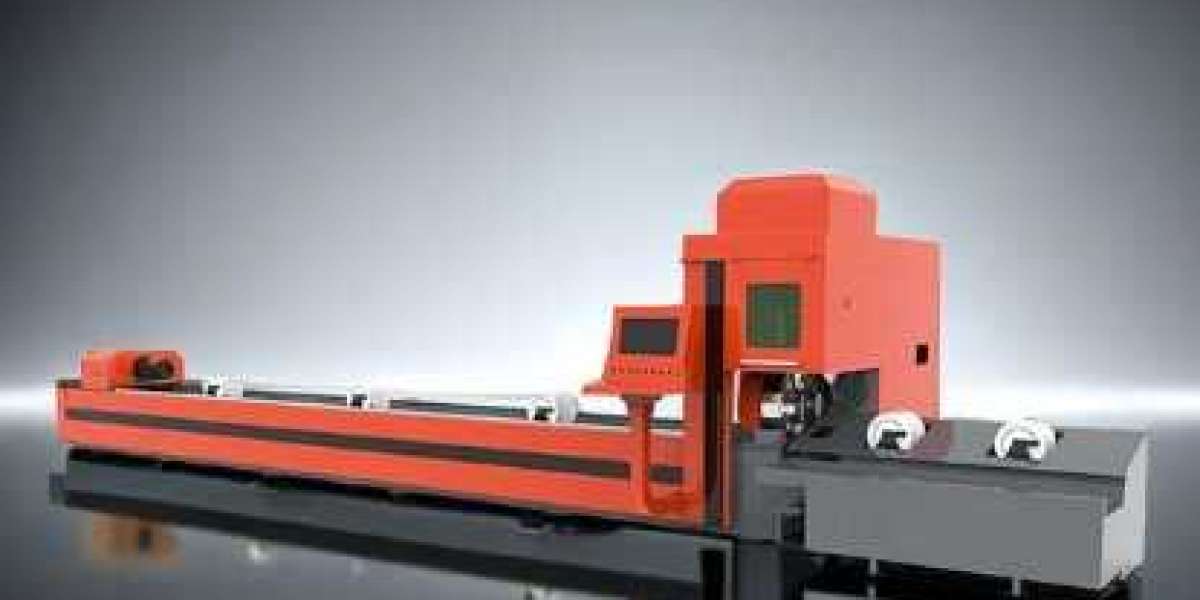When it comes to hearing aids, one of the most critical decisions involves choosing between hearing aid molds and domes. Both options serve the purpose of delivering sound effectively, but they differ significantly in design, fit, and functionality. This article will delve into the nuances of hearing aid molds vs. domes to help you make an informed choice.
What Are Hearing Aid Molds?
Hearing aid molds are custom-fitted earpieces designed to fit the unique shape of an individual's ear. Typically made from silicone or acrylic, these molds provide a snug fit that can enhance sound quality and comfort. They are particularly beneficial for individuals with more severe hearing loss, as they can effectively block out background noise and ensure that amplified sounds are directed into the ear canal.
- Custom Fit: Molds are tailored to the user's ear, providing a secure and comfortable fit.
- Noise Isolation: They offer excellent sound isolation, making them ideal for noisy environments.
- Durability: Molds are generally more durable than domes, lasting longer with proper care.
What Are Hearing Aid Domes?
Hearing aid domes are soft, flexible tips that fit over the end of a hearing aid. Unlike molds, domes come in various sizes and shapes but are not custom-fitted. They are designed for individuals with mild to moderate hearing loss and are often used with behind-the-ear (BTE) hearing aids.
- Variety: Domes are available in different styles, including open, closed, and tulip shapes, catering to various preferences.
- Ease of Use: They are easy to replace and can be adjusted without professional assistance.
- Comfort: Many users find domes comfortable, especially in warmer climates.
Hearing Aids Molds vs. Domes: Key Differences
Understanding the differences between hearing aids molds vs. domes is essential for selecting the right option. Here are some key distinctions:
- Fit: Molds are custom-made, while domes are pre-manufactured.
- Sound Quality: Molds often provide superior sound quality due to their snug fit.
- Maintenance: Domes require more frequent replacement compared to molds.
- Cost: Molds may have a higher initial cost due to customization, but they can be more cost-effective in the long run.
Choosing the Right Option for You
When deciding between hearing aids molds vs. domes, consider your specific hearing needs, lifestyle, and comfort preferences. If you have moderate to severe hearing loss, molds may be the better choice. Conversely, if you prefer a more flexible and easily adjustable option, domes might suit you better.
Ultimately, consulting with an audiologist can provide personalized insights, ensuring that you select the most appropriate solution for your hearing needs. Remember, the right choice can significantly enhance your hearing experience and overall quality of life.








